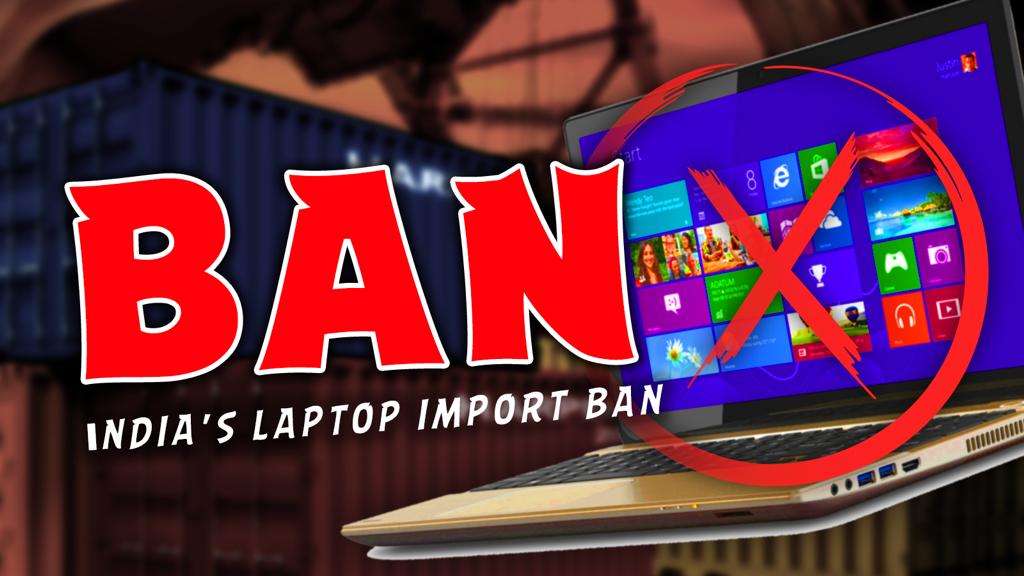India’s Laptop Import Ban: Strategically Navigating the Restrictions and Exemptions
In a move to promote domestic production and reduce reliance on foreign imports, India has swiftly imposed import restrictions on laptops, tablets, and personal computers. This new regulation requires entities to obtain a “Valid Licence for Restricted Imports” before bringing these electronic devices from abroad for sale within the country. While this ban may have raised concerns among consumers and businesses, there are certain exemptions and conditions that allow individuals to bring a limited number of devices for personal use or specific purposes. In this article, we explore the implications of the laptop import ban in India and the opportunities for bringing devices from abroad under the provided exemptions.
The Laptop Import Ban and its Impact on Brands
The Directorate General of Foreign Trade’s directive has affected prominent brands such as Apple, Lenovo, HP, Asus, Acer, Samsung, and others. These companies will need to halt their import activities for laptops, tablets, and personal computers destined for the Indian market. The ban aims to foster a shift towards increased domestic production, following a successful strategy in the smartphone manufacturing sector.
Understanding the Import Restrictions
The “Valid License for Restricted Imports” requirement means that entities and businesses intending to import laptops and related devices must obtain a license from the Indian authorities. This restriction applies to laptops, tablets, all-in-one personal computers, and ultra-small form factor computers falling under HSN 8741.
Exemptions for Individuals Traveling Abroad
For individuals traveling abroad, there are exemptions that allow them to bring one laptop, tablet, all-in-one personal computer, or ultra-small form factor computer in their baggage without facing import restrictions. This exemption also applies to items purchased from e-commerce platforms and shipped via post or courier.
Import Licenses and the 20-Device Exemption
Import licenses can grant an exemption for up to 20 items per shipment, but these devices should be intended for specific purposes such as research, testing, evaluation, repair, re-export, or product development. Importing multiple devices is subject to strict conditions, ensuring that the devices are used solely for their stated purposes, not sold, and either rendered unusable or re-exported after their designated use.
The Fine Line Between Personal Use and Resale
While individuals can bring a laptop for personal usage or gifting purposes, selling it within India is strictly prohibited under the import restrictions. Those who violate this rule may face legal consequences, as the ban’s intent is to encourage domestic production and discourage the influx of foreign imports.
Paying Customs Duty Charges
Individuals bringing laptops from abroad are required to pay customs duty charges upon arrival in India. These charges are levied to regulate the flow of imported devices and protect local manufacturing interests.
Conclusion
India’s ban on laptop imports has undoubtedly sparked conversations and discussions among consumers, businesses, and manufacturers. However, it is essential to understand the exemptions and conditions that allow for the importation of laptops for personal use or specific purposes. While the ban may present challenges, it also presents an opportunity for the growth of domestic manufacturing and the development of the electronics industry within India. As consumers navigate the import restrictions, staying informed about the regulations and adhering to the prescribed guidelines will ensure a smooth experience for those bringing laptops from abroad.
Also Read: TOP 5 BEST BUDGET GAMING LAPTOPS (2023)
